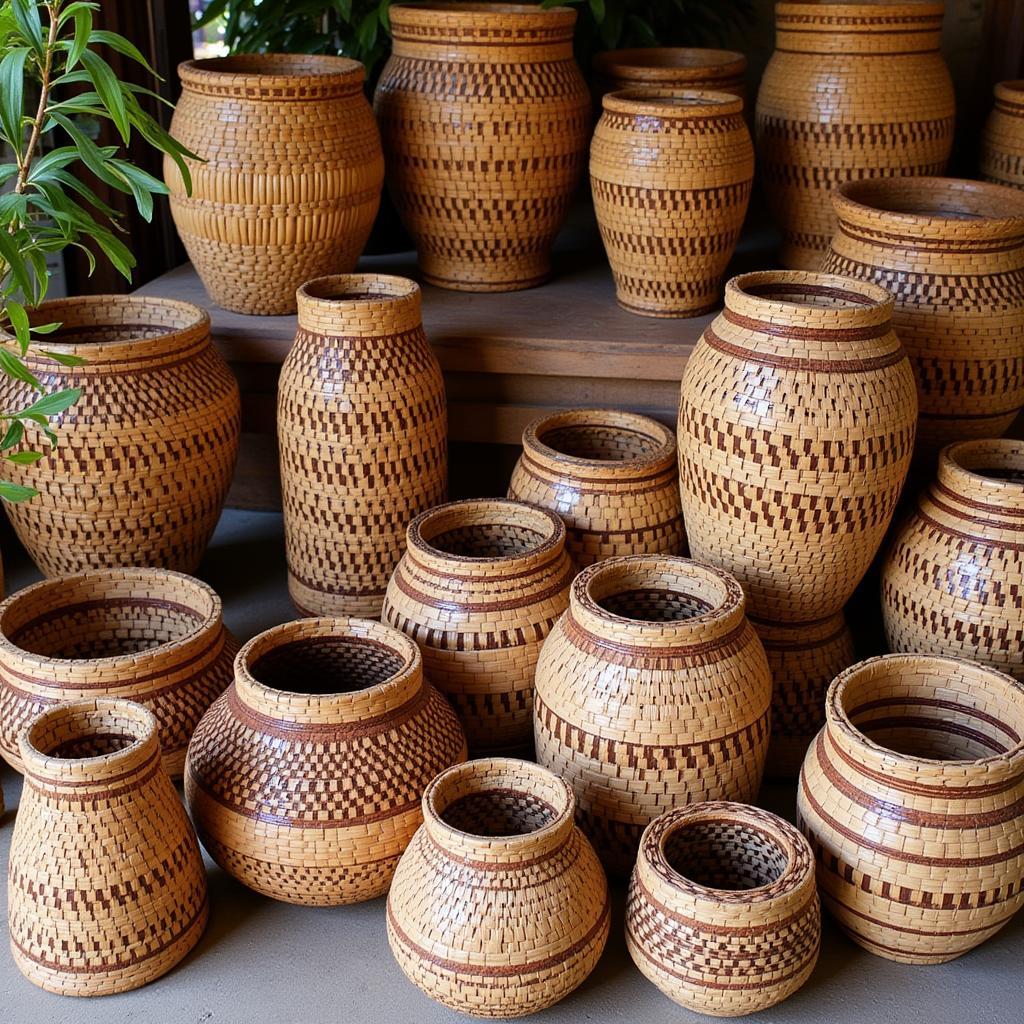African Instrumental Beats Download: A Guide to Finding the Perfect Rhythms
African instrumental beats have a unique and powerful energy that can elevate any musical project. Whether you’re a producer, DJ, or simply looking for inspiring sounds, the world of African music offers an abundance of rhythms and melodies that are perfect for exploring. This article will guide you through the process of finding and downloading the perfect African instrumental beats for your needs.
What are African Instrumental Beats?
African instrumental beats are musical tracks that focus on rhythmic and melodic elements without vocals. They often feature traditional instruments like drums, kora, mbira, and balafon, along with modern electronic instruments and production techniques. These beats draw inspiration from various African musical traditions, including:
- Highlife: A genre originating from Ghana, characterized by its blend of African rhythms and Western instruments.
- Jùjú: A Nigerian genre known for its energetic guitar riffs, intricate rhythms, and use of the talking drum.
- Soukous: A Congolese genre that combines African rhythms with Cuban influences, creating a danceable and rhythmic sound.
- Afrobeat: A genre pioneered by Fela Kuti, featuring complex polyrhythms and a fusion of funk, jazz, and traditional Yoruba music.
- Kizomba: A genre originating from Angola, known for its sensual rhythms and romantic lyrics, typically featuring a mix of traditional and modern instruments.
Why Choose African Instrumental Beats?
There are numerous reasons why you might consider using African instrumental beats in your music:
- Unique Sound: African instrumental beats offer a distinctive sonic palette that sets them apart from other music genres.
- Cultural Significance: By incorporating African rhythms and melodies, you can add cultural depth and richness to your music.
- Energetic and Danceable: Many African instrumental beats are designed to get people moving, making them perfect for creating club tracks, dance music, and even workout playlists.
- Inspiring and Creative: African instrumental beats can inspire new musical ideas and unlock your creativity, as the rhythmic complexities and melodic intricacies invite exploration.
- Global Appeal: African music has become increasingly popular worldwide, making African instrumental beats a valuable resource for reaching a diverse audience.
Finding the Perfect African Instrumental Beats
Here are some tips for finding the perfect African instrumental beats:
- Online Music Libraries: There are many online music libraries that offer a wide range of African instrumental beats. Some popular platforms include:
- BeatStars: A large online marketplace for beats, with a dedicated section for African instrumental beats.
- Airbit: Another popular platform for finding high-quality instrumental beats, including a variety of African genres.
- Splice Sounds: A subscription-based service with a massive library of sounds, including African instrumental beats.
- Independent Artists and Producers: There are many talented African musicians and producers who sell their beats online. You can find them on platforms like:
- SoundCloud: A popular platform for sharing and discovering music, where you can find a diverse range of African producers.
- YouTube: A great resource for finding African instrumental beats, as many producers upload their work to YouTube.
- African Music Festivals: Attending African music festivals is a fantastic way to connect with artists and producers and discover new beats.
- Online Communities: Join online communities dedicated to African music, such as forums and social media groups, to connect with other music enthusiasts and producers.
What to Look for When Downloading African Instrumental Beats
When choosing African instrumental beats, consider these factors:
- Genre and Style: Identify the specific genre or style of African music you want to incorporate, such as highlife, jùjú, or soukous.
- Tempo and Rhythm: Choose beats with a tempo and rhythm that fit your musical vision.
- Instrumentation: Consider the types of instruments used in the beat, such as drums, guitars, or traditional instruments.
- Quality and Production: Ensure the beat is well-produced and has a professional sound.
- License and Rights: Understand the licensing terms for the beat, whether it’s royalty-free, exclusive, or requires a specific license.
“I need a beat that’s both modern and authentic” – Aaliyah, Music Producer
“Authenticity is key,” says Aaliyah, a renowned music producer based in Johannesburg. “When choosing African instrumental beats, I look for sounds that are true to the traditions but also have a contemporary edge. This means blending traditional instruments with modern production techniques to create something fresh and exciting.”
“I want a beat that will inspire my songwriting” – Machel, Songwriter
“The rhythm is what pulls me in,” says Machel, a prolific songwriter from Nairobi. “I seek out beats that have a unique groove and tell a story. I believe African rhythms have a special magic that can spark my creativity and push my songwriting in new directions.”
Conclusion
Exploring the world of African instrumental beats is an exciting journey that can enrich your music. By following the tips and guidelines provided in this article, you’ll be able to find the perfect rhythms to enhance your projects and connect with the captivating energy of African music. Download your beats today and let the infectious sounds of Africa inspire your next musical creation.
FAQ
Q: Are African instrumental beats free to download?
A: The licensing terms for African instrumental beats vary, just like with any other music. Some beats are free to download and use, while others require a purchase or license fee. Always check the licensing terms before downloading or using any beat.
Q: Can I use African instrumental beats in my commercial projects?
A: Whether you can use African instrumental beats in your commercial projects depends on the license terms for the beat. Some beats are royalty-free, allowing you to use them in commercial projects without paying additional fees, while others require royalty payments or licensing agreements.
Q: Where can I learn more about African music?
A: There are many resources available online and in libraries for learning more about African music. You can explore websites dedicated to African music, research specific genres and artists, and find books and documentaries on the subject.
Q: How can I connect with African musicians and producers?
A: Joining online communities dedicated to African music is a great way to connect with musicians and producers. You can also attend African music festivals and workshops to meet artists in person and build relationships.


